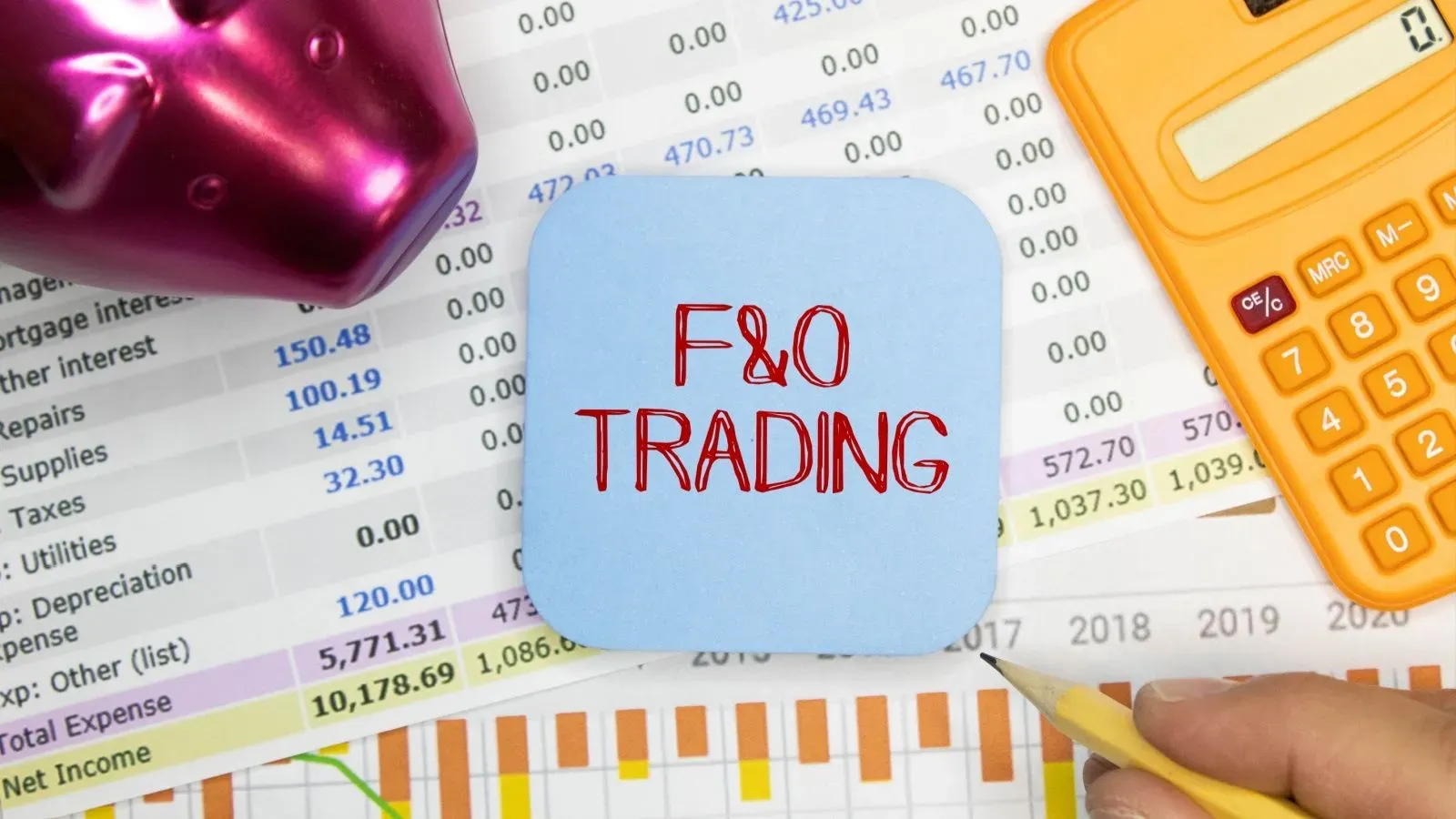Up-and-Out Options: Definition, Uses, and Examples
Written by Upstox Desk
Published on July 31, 2025 | 6 min read

Summary
Up-and-out options are a type of exotic option (a special kind of option contract that has different features than the normal options) that stop working if the price of a stock, commodity, currency, or index goes too high. In this article, we will explore up-and-out options, show how they work, and give some examples of how they can be used.
The name itself hints at what an up-and-out option is: an option that goes “up” to a certain price and then gets knocked “out” of the game. You might not have heard of them before, because they are not very common in the stock market. They first appeared in the late 1980s or early 1990s when some investors believed that the stocks they owned were overvalued and sought to protect their investments from losses if the stock price rose too high. These options are extremely useful when we deal with assets like oil or gold, or fast-growing stocks that are susceptible to rapid price fluctuations. But there's definitely more to know about them; in the upcoming sections, we'll detail what they are and how they work.
What are exotic options?
Exotic options are different from the normal options that are traded more often. Normal options have standard features and are usually either calls or puts. Exotic options have more complex characteristics and conditions. They are made to suit specific investment needs and strategies, often giving investors a way to protect themselves from more unique risks or to take advantage of certain market situations.
There are many types of exotic options and up-and-out options are one of its subtypes that we will explain in the next section. These options have conditions that depend on the movement of the price of the thing they are based on. Traders in India buy and sell exotic options over-the-counter (OTC), which means they are not available on exchanges and are directly negotiated between the buyers and sellers.
What are up-and-out options?
Up-and-out options belong to a family of financial tools called "options". At their core, options give you the right, but not the obligation, to buy or sell something at a set price. Think of them as a reservation ticket for a price you lock in today, even if you decide to use it later.
Now, up-and-out options come with a twist. They have a set price, known as the "barrier". This barrier price can be set at any level, but it is typically set at a price that is above the current market price of the underlying asset. If the price of what you're looking at (like stock or gold) goes above this barrier, the option stops or "knocks out". It's as if your reservation ticket suddenly vanishes if the price gets too high.
How do up-and-out options work?
Up-and-out options are a unique tool for those traders who expect the price of an underlying asset to either remain stable or drop within a set period. Here, both the buyer and the seller agree on a specific price, termed the "strike price". This is the rate at which they can decide to buy or sell if the asset's price reaches the designated barrier. However, if the asset's price exceeds this barrier, the option becomes null.
Being exotic options, up-and-out options are not as common as regular vanilla options (standard options with no special features). Unlike regular options that trade on open exchanges, up-and-out options are traded over the counter. This means they're directly dealt with between two parties, without a middleman.
To start trading up-and-out options in India, you'll need to open an account with a brokerage that offers over-the-counter trades. Once set up, a broker can help you place orders. The specific up-and-out options available might vary based on the brokerage, but you'll generally find options tied to various assets like stocks, indices, and commodities.
Here is an example of how an up-and-out option would work
Suppose you decide to buy an up-and-out call option on a stock of company XYZ. Here's how it might play out:
- Strike price: You agree on a strike price of INR 7,000. This is the price at which you can buy the stock if you choose to exercise the option.
- Barrier price: The barrier is set at INR 7,700. This is the critical price level to watch.
- Option premium: You pay a premium of INR 350 to the seller to obtain this option.
- Current stock price: XYZ is currently trading at INR 6,650.
- Price movement below barrier: If XYZ's stock price remains below INR 7,700 until the option's expiration date, you have the right to exercise your option. This means you can buy the stock at the agreed strike price of INR 7,000, even if the market price is higher.
- Barrier breach: On the flip side, if XYZ's stock price touches or crosses INR 7,700 at any point before the option expires, your option is immediately terminated. It becomes worthless, and you won't be able to exercise it. The INR 350 premium you paid? It stays with the seller
These options differ from the vanilla options so to better understand the distinction, let's compare the two in a table:
Table 1: Comparative overview: Vanilla options vs. up-and-out options
| Parameter | Vanilla options | Up-and-out options |
| Availability | Widely available on exchanges | Traded over-the-counter |
| Popularity | More common | Less common |
| Complexity | Standard features | More complex structures |
| Barrier level | None | Specific price level |
| Expiration | Fixed expiration date | Expires if the barrier is reached |
| Liquidity | Generally high | Can be lower |
| Premium costs | Varies | Often higher due to the complexity |
| Risk profile | Less risky | More risky as they can expire worthless if the barrier is exceeded |
| Exercise | Any time before expiration | Before the price hits or exceeds the barrier |
Wrapping up: Key points to remember
- Up-and-out options are typically pricier than vanilla options because they offer enhanced protection against losses.
- These options are traded over the counter, and only a few brokers offer them.
- This is a sophisticated product and is best suited for well-informed investors who are aware of the risks involved.
About Author
Upstox Desk
Upstox Desk
Team of expert writers dedicated to providing insightful and comprehensive coverage on stock markets, economic trends, commodities, business developments, and personal finance. With a passion for delivering valuable information, the team strives to keep readers informed about the latest trends and developments in the financial world.
Read more from UpstoxUpstox is a leading Indian financial services company that offers online trading and investment services in stocks, commodities, currencies, mutual funds, and more. Founded in 2009 and headquartered in Mumbai, Upstox is backed by prominent investors including Ratan Tata, Tiger Global, and Kalaari Capital. It operates under RKSV Securities and is registered with SEBI, NSE, BSE, and other regulatory bodies, ensuring secure and compliant trading experiences.






















